There is public discomfiture about the recent disclosures of how the Ishrat Jahan investigations were tampered with. It’s the same with similar reports about the Malegaon bomb blasts. And at each stage, the name of P Chidambaram — at various times the Union Finance Minister and Home Minister of India – keeps cropping up.
Chidambaram has been insisting that he is innocent, and whatever he did was strictly according to law. But the more one examines his past record it becomes apparent that he has a penchant for cutting corners around Indian laws.
The long shadow of Enron
Take a couple of instances. Remember, he used to advise Enron — though it must be stated that he was not a minister then, and was within his rights to act as a lawyer for anyone. But Enron is a special case. It has emerged as one of the biggest fraudsters in the world. It broke the laws in the US and in several other countries. In India, it also managed to get a sovereign guarantee for the monies it had invested in a gas-based project at Dabhol.
It entered into a very unusual relationship that allowed it to charge gas prices based on the prices discovered by its fuel management company based on gas prices in the middle-east. This was despite public awareness that gas pricing is fragile as it is not widely traded, and hence its prices could be rigged at any time. This was confirmed when Senate hearings began in the US.
And had it not been for Enron’s own collapse as its misdeeds came to light in the US, India might have had to pay a very heavy price for the Dabhol project being scrapped. India was in one of the most painful situations. Had it gone ahead with the Dabhol project, it would have slipped into a big financial mess. If it had cancelled the project, there were stiff liquidated damages that it would have to pay. Enron’s collapse helped India escape many of the what-would-have-been-crippling financial liabilities.
This author isn’t suggesting that Chidambaram showed them the way to put India into this awful fix. But if a man is judged by the company he keeps, Chidambaram does cut a very sorry figure.
The Goldquest matter
Take another case. Chidambaram’s wife Nalini was a legal advisor to Goldquest International Ltd, which was accused of floating a pyramid scheme to sell coins in India. It described itself as a retailer of gold products, and found its customers by word of mouth. It was founded in 1998 by two entities: An investment group from the EU and Asean countries, and an Asian team of business leaders (known as the V team). But the names were never clear as it was incorporated in the British Virgin Islands, with its headquarters on the 64th and 68th floors of Central Plaza in Hong Kong.
Its chairman was a man known as Kakitalo (a banker). The company had offices in the Philippines, Singapore, Malaysia, Indonesia, Thailand, UAE (it opened its office at Al Khaleeja Towers in Dubai in October 2000), and launched operations in Mumbai in 2001. Its business model was to promote sales through referring customers, who were rewarded with commissions. And even though the Government of India was set against pyramid schemes, Chidambaram offered to represent them before the RBI.
Curiously, Jaswant Singh, who was the finance minister at that time, did not express any of his own views about Goldquest.
Goldquest operated in India through Qnet, which was founded by Vijay Easwaran and Joseph Bismark in Hong Kong in 1998. The company, first known as GoldQuest and QuestNet, made custom-commissioned coins and later began selling luxury jewellery and watches. In 2000, Qnet was the official distributor of the Sydney Olympic Games commemorative coins and was also a distributor at the 2004 Athens Olympic Games, and the 2008 Beijing Olympic games. However, when multi-level-marketing companies came under a cloud (remember SpeakAsia?), there were reports that suggested that the company came under the investigative eye of the Government of India. The company’s operations as QuestNet and GoldQuest were shut down in India by police in 2009 . But by November 2012, there were indications that the group would resume its operations in India. It must be clarified that the author has no knowledge if Chidambaram is still advising this company for its operations in this country.
Take yet another instance.
In November 2013, the markets were agog with the proliferation of Rs five coins depicting the image of Vaishno Devi. This was surprising, because India has never promoted gods or goddesses on its coins and currency. True, the use of gods on Indian coins was not unusual. Even the East India Company introduced a coin depicting Lord Ram and his family in 1616. So did many other kings, especially those from the Kushan dynasty. But India is a “secular republic” and the government has no legal (or even moral) justification for promoting gods.
Some people might say that this is the responsibility of the RBI and not the finance ministry. But the RBI is on record stating that it is in no way involved with coins. It looks after currency notes, not coins. So, clearly, the finance ministry was aware that coins promoting gods were issued.
Yet Chidambaram has maintained a silence on this issue as well. Was he playing the religious card once again?
For, of and by the lawyers?
But the gravest disregard for propriety took place when Chidambaram tried to exempt lawyers from payment of service tax. In 2006, he assured the Rajya Sabha that he would make service tax applicable to lawyers and doctors alike in the “due course of time”. But through a notification on June 2012, Chidambaram exempted various legal services from the purview of service tax.
What was even more galling was this was being done while his wife continued to be a lawyer. He too had been a practising lawyer earlier, and everyone knew that he would return to this profession sooner or later. Yet, disregardful of the conflict of interest, ignoring the need to deal an even hand to all sectors, Chidambaram tried to keep lawyers away from the ambit of service tax. It was only after Chidambaram demitted office, that this rule was finally reversed.
It is at such times that one realises that Chidambaram can claim to speak the truth. But his past actions suggest that many of them could be half-truths. He may criticise the tilt that some political parties may take towards religious beliefs. But he himself has not shied away from using religion as a means of promoting some agenda (which to this day is not very clear to this author).


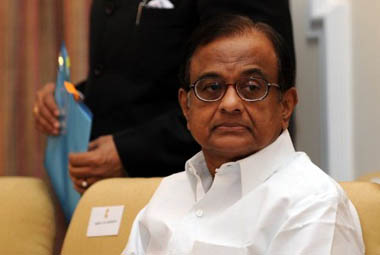)




)
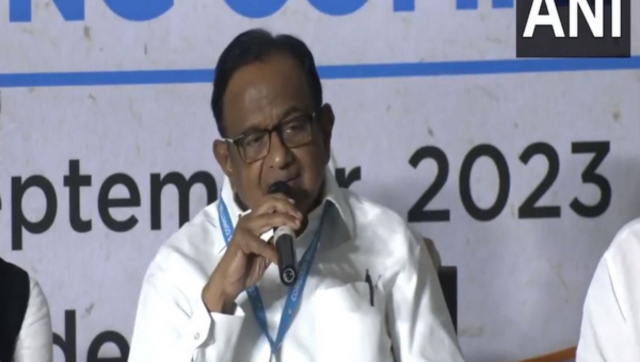)
)
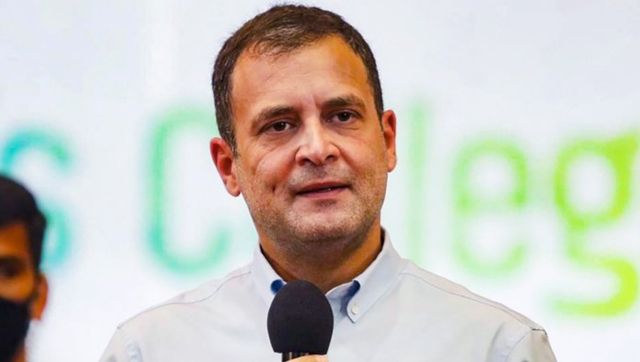)
)
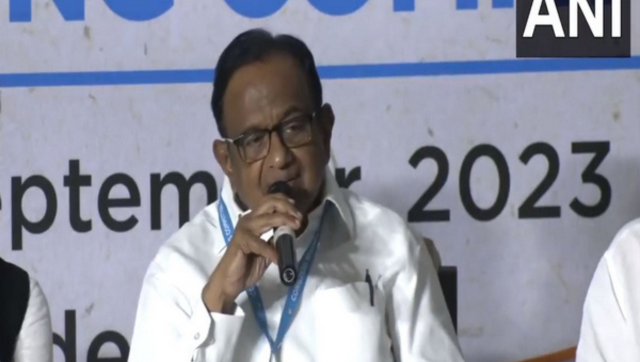)
)
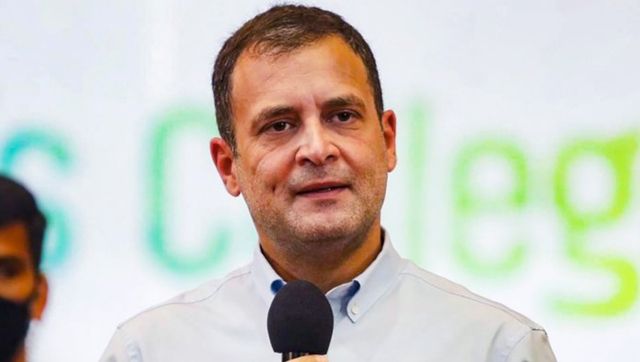)